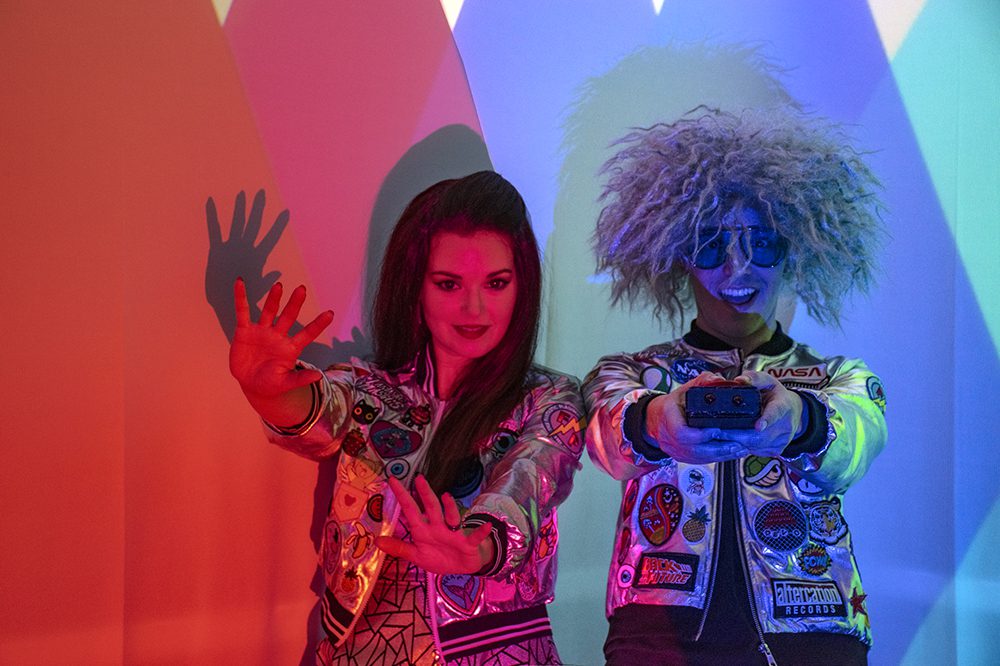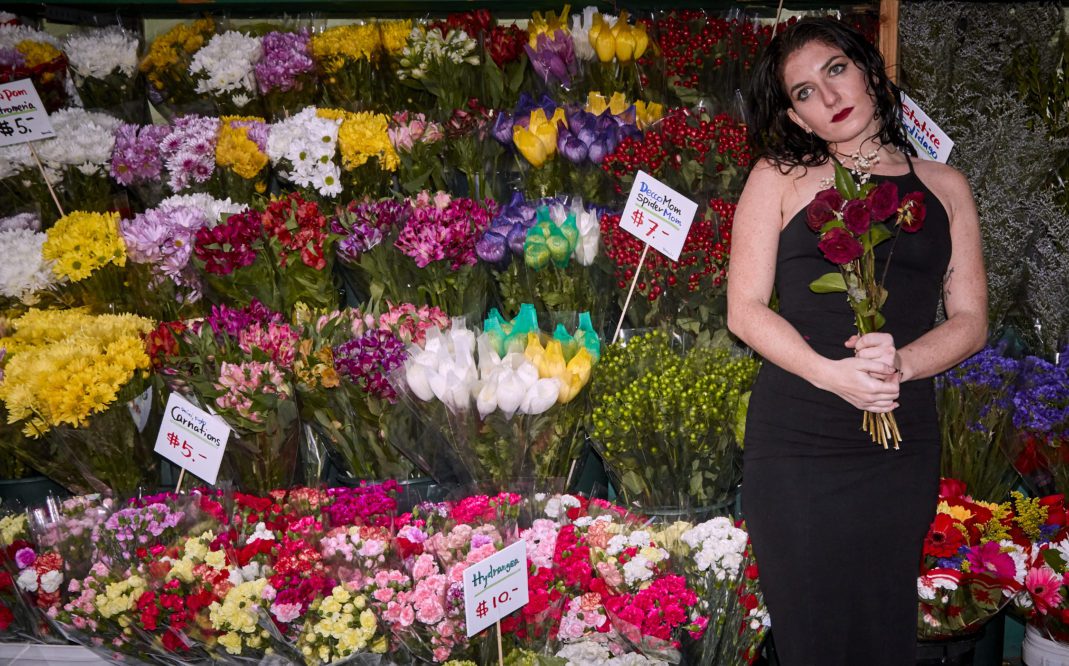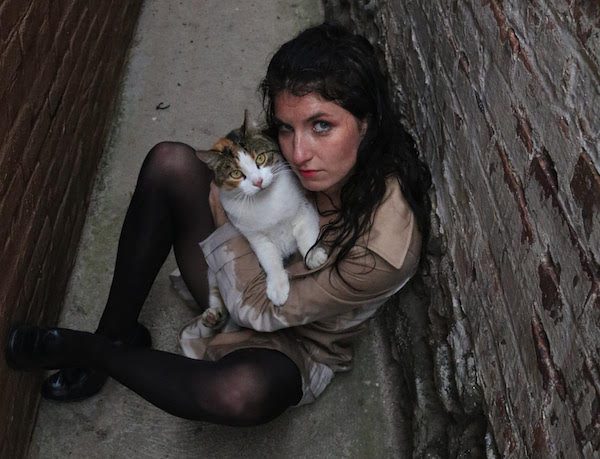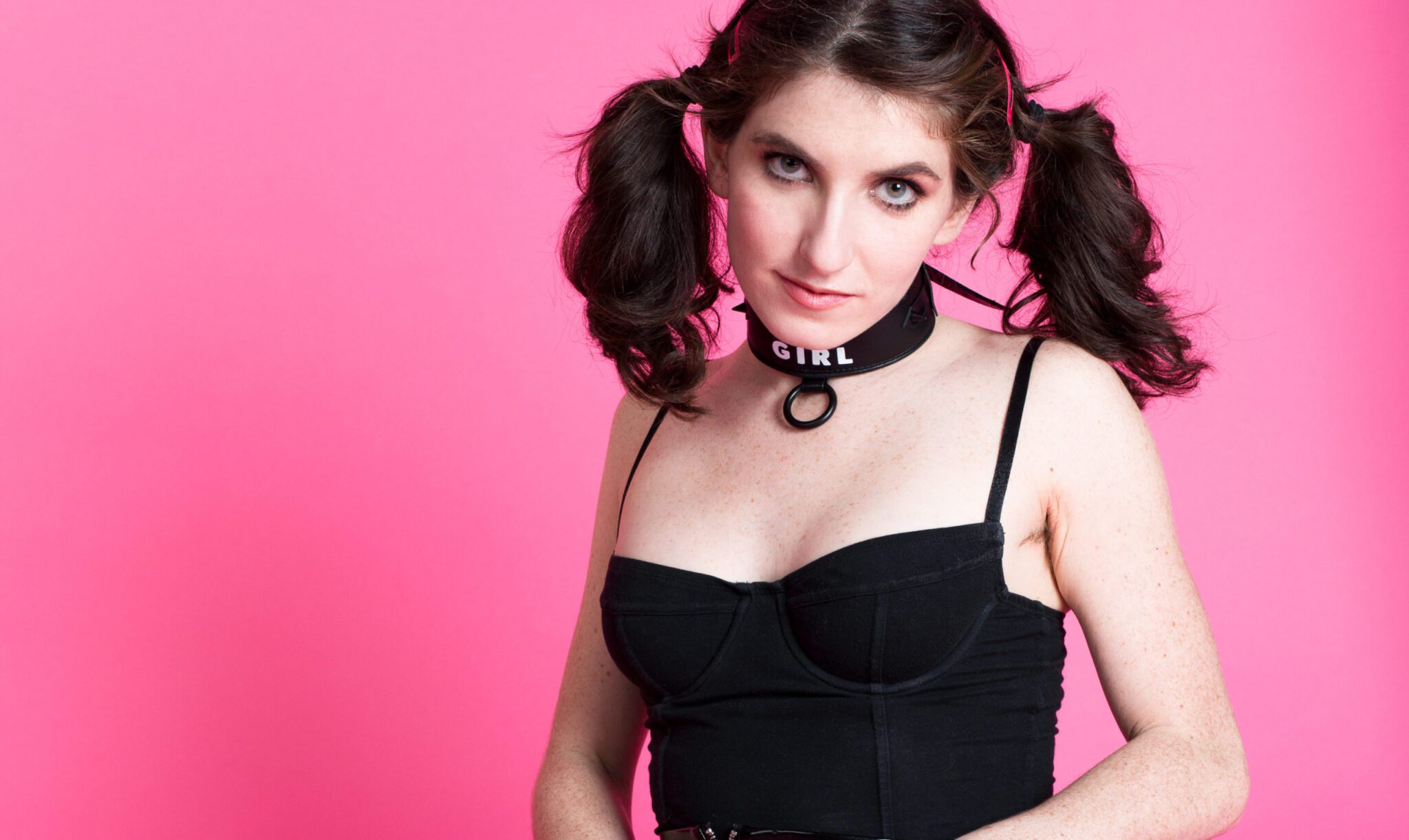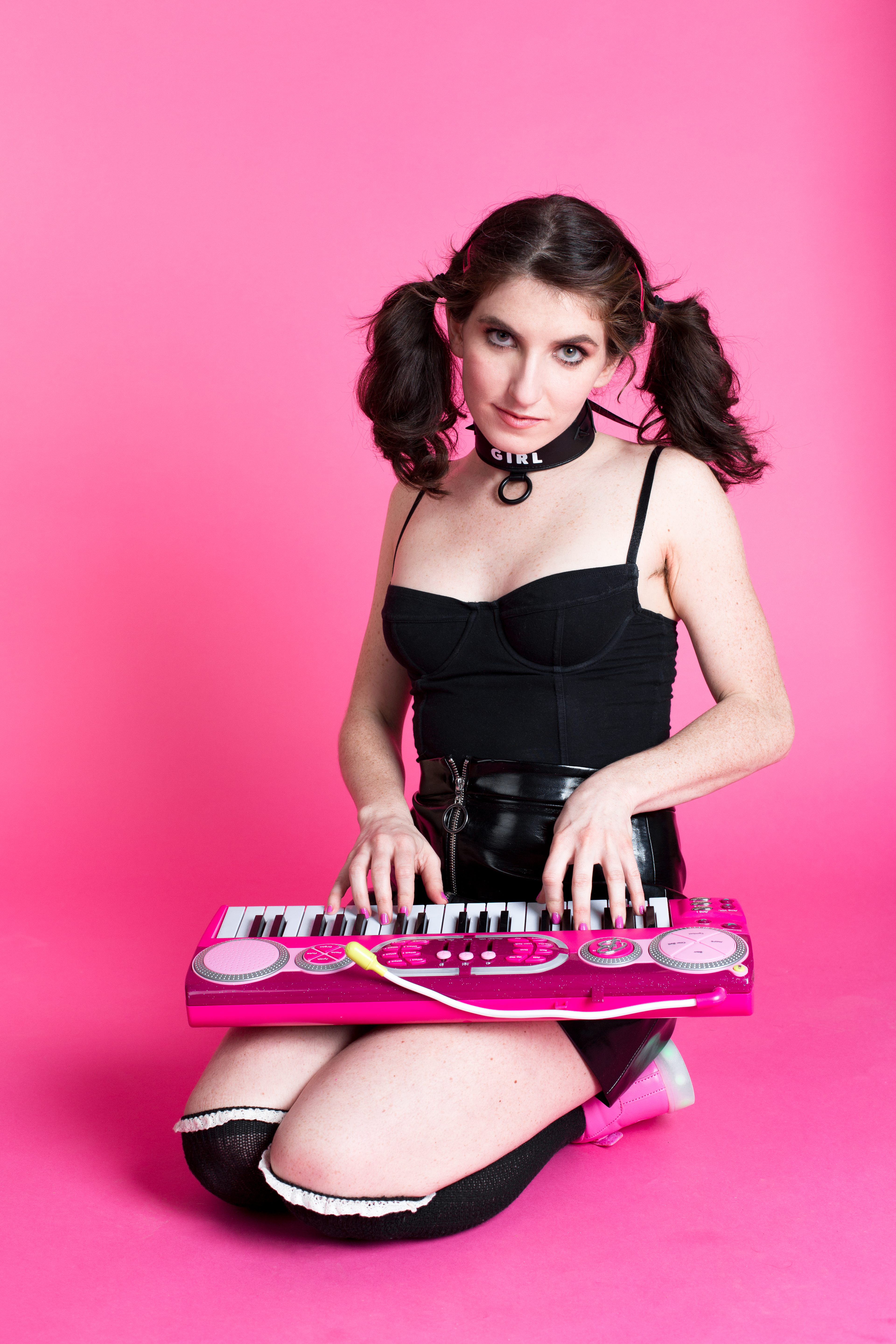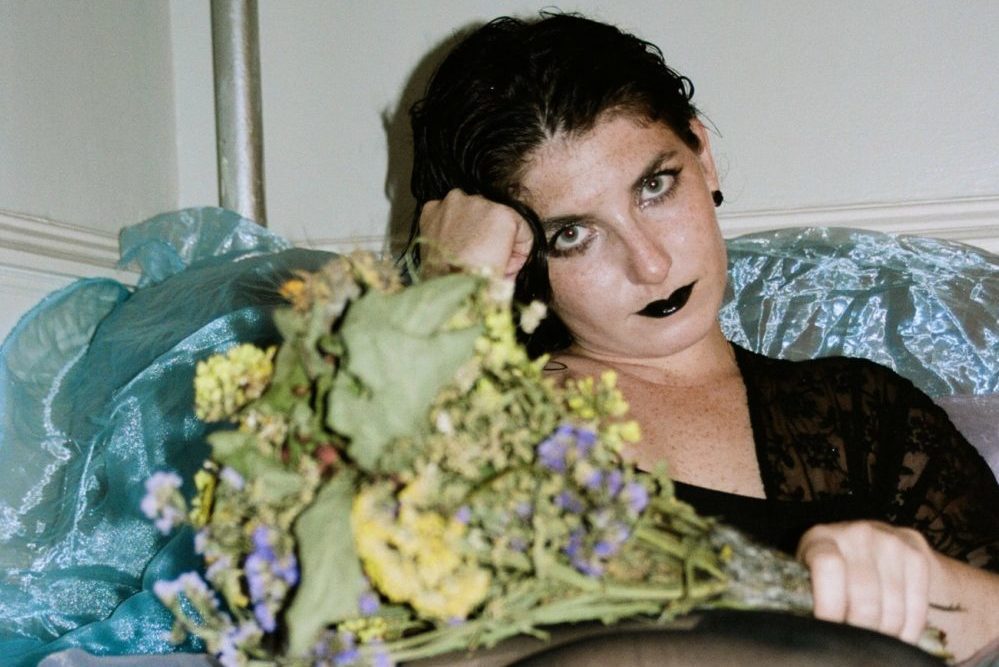
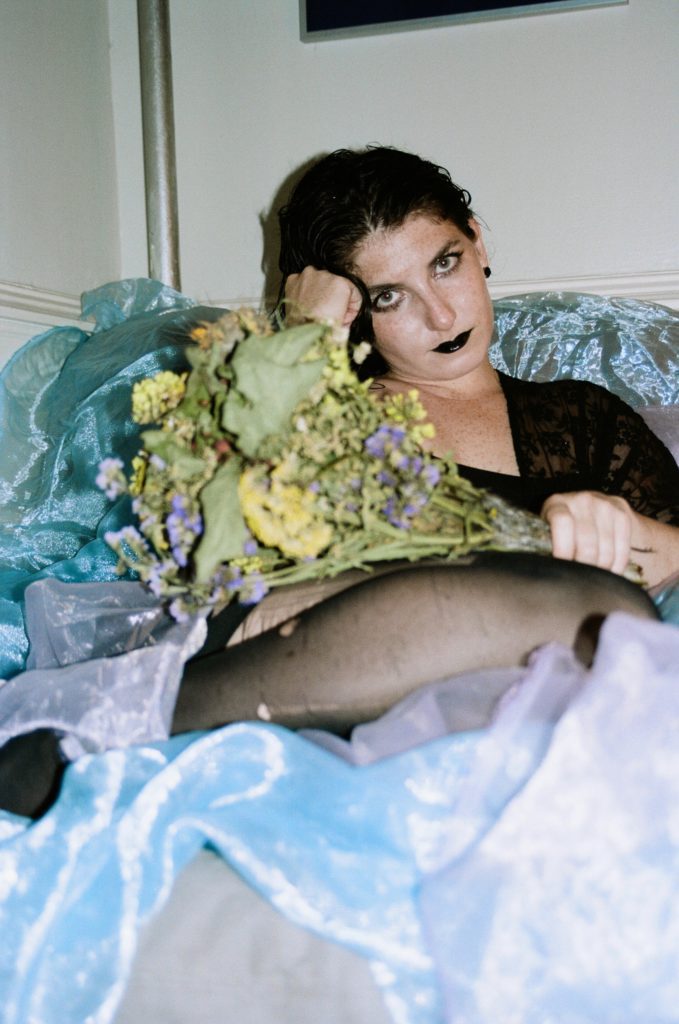
NYC-based songwriter Raechel Rosen has resurrected her anti-pop alter-ego Mima Good for her latest LP, Hydra. We premiered the lead single “Sad Club Night” earlier this year, back when COVID was new and we were only beginning to feel the dread and uncertainty of Lockdown 1.0. With all that has happened since this year, the title of this new release feels all the more appropriate.
Greek mythology gives us the 9-headed serpent Hydra, who grows two heads for every one that Hercules cuts off in their legendary face-off. To Rosen, this monster serves as a metaphor for real world struggles. She says, “It isn’t like an adventure movie, where the hero defeats the villain, saves the day, and then we’re all good. Often, when we overcome one trauma, solve one problem, we uncover others that were existing beneath the surface.” Rosen’s first release as Mima Good, the Good Girl EP, dealt with her struggle to overcome an abusive relationship with a former bandmate. With each new release building on the last, Hydra seeks to soothe any other sore spots Rosen uncovered while healing from that specific trauma.
The brutality of the Hydra theme contrasts with some of the more vulnerable imagery on the album, namely the second track, “Lolabye.” It plays on Judy Garland’s classic song “Somewhere Over the Rainbow,” referencing the same blue birds that fly somewhere else, somewhere better. The track itself samples a recording of Garland yelling into a tape recorder “I laughed at myself when I should have cried,” a reference to all the ways she allowed others to take advantage of her during her career. Though Garland ultimately succumbed to the Hydra of her own life, Rosen takes these words to heart, looking inward to figure out how to overcome all the times she’s had to laugh or grin through her own pain as a female performer, while remaining authentic to her sentimental nature.
Writing these songs allowed Rosen to see herself as a fighter on a quest to defeat these painful forces that haunt her, saying, “I had so much fun with these songs, even when I was singing about painful topics, because of the built in narrative. It has always helped me to turn my struggles into songs, but as part of a quest-like epic, I was really able to face them. They felt small in the end.” This idea makes the record relatable to almost anyone, especially under the present circumstances. For most of us, 2020 didn’t offer the chance to improve your life so much as the opportunity to build resilience, the ability to choose how to react when things go awry. For Rosen, this meant adjusting her expectations to how she could release and promote Hydra, as well as diving deep into self-care practices like tarot, physical fitness, and reconnecting with her Jewish spirituality. For you, it might be different, but as Rosen said to me, “All of us are extremely brave every day that we wake up and try to defeat any of these heads.”
Follow Mima Good on Facebook for ongoing updates.

